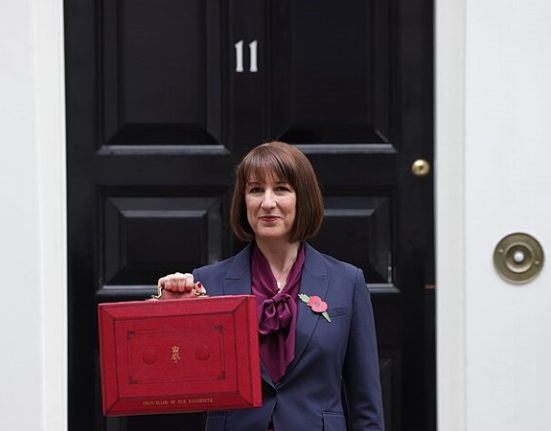Angola has been forced to inject $200 million in cash to meet a margin call on a $1 billion loan from JPMorgan after a sharp drop in its dollar-denominated bonds linked to falling oil prices and global financial turbulence.
The bonds, used as collateral in a total return swap arranged earlier this year, plummeted in value after crude prices dipped below $60 per barrel amid fears of a Trump-induced global recession. With bond prices dropping to as low as 85 cents on the dollar, the collateral fell below required thresholds, triggering JPMorgan’s call for additional funds.
Angola’s finance ministry confirmed the injection, stating it had acted promptly to honour its obligations, despite mounting market pressure. The crisis underscores the fragility of emerging market finances in times of global volatility, especially for oil-reliant nations like Angola, which left OPEC in 2023.
Yields on Angola’s bonds have surged to nearly 15%, a sign that the country’s access to international capital markets is narrowing. Other African nations, including Gabon, Kenya and Egypt, are also seeing borrowing costs spike – some turning to the IMF to stabilise their finances.
For Angola, the margin call marks a critical test of its financial resilience as it navigates tightening liquidity and a volatile global economic outlook.







